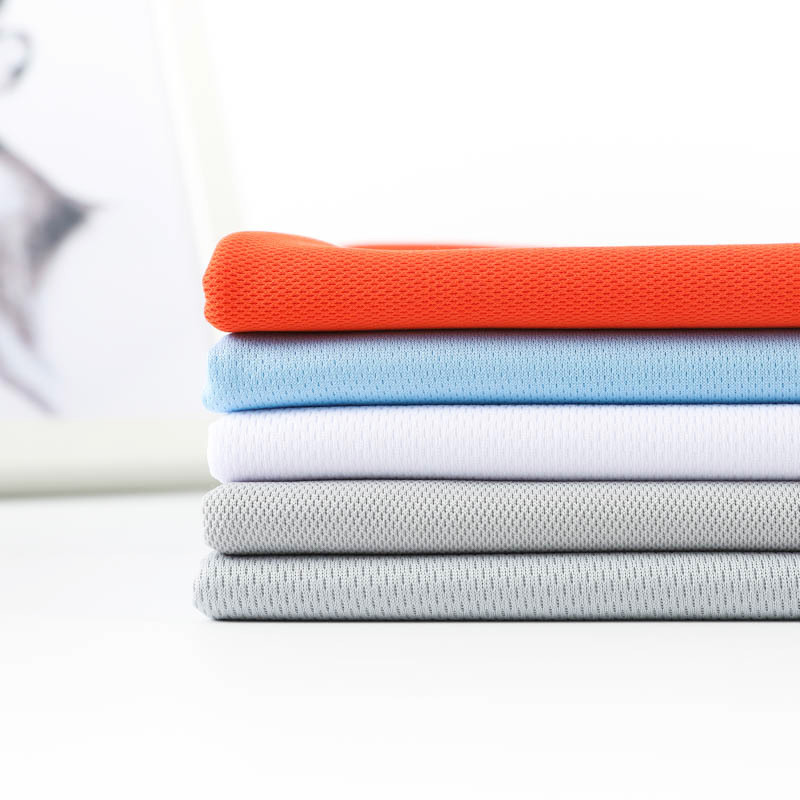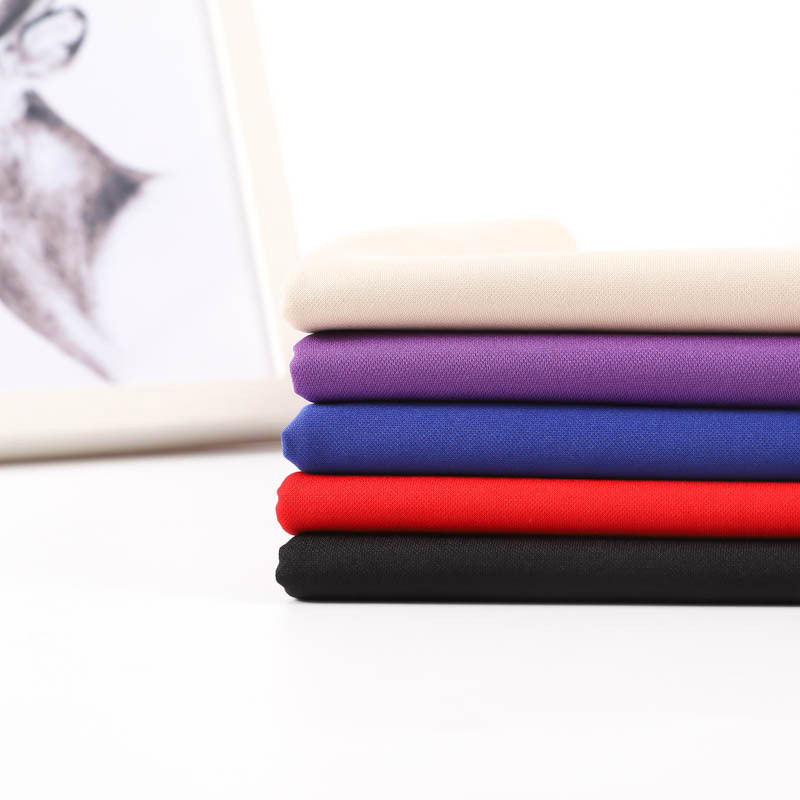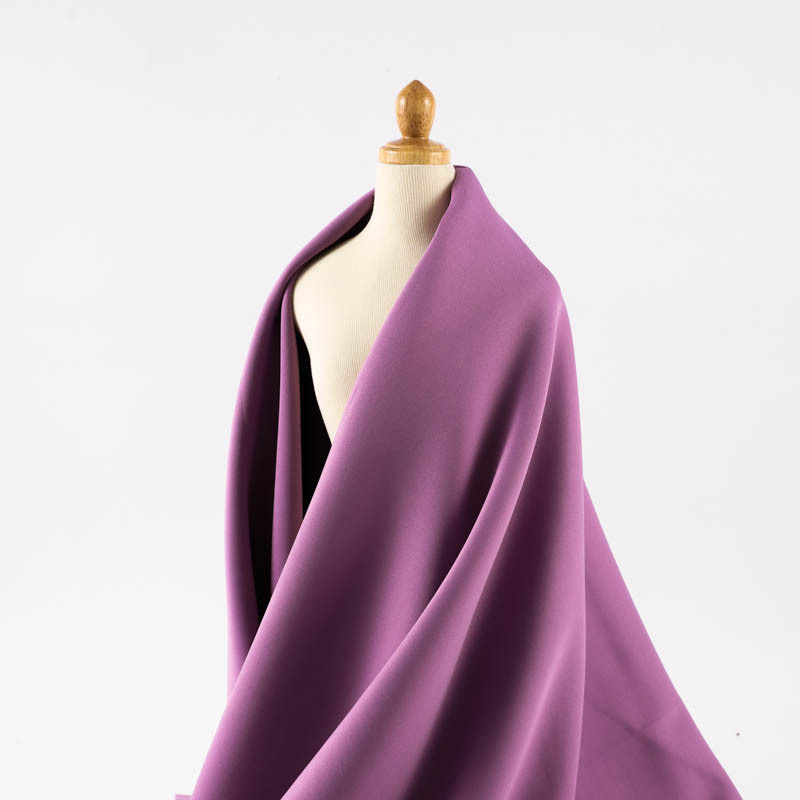The application of fabrics in industrial applications mainly includes the following aspects:
1. Protective clothing
Protective clothing: Protective clothing against chemicals, flames, and arcs, using special coatings and wear-resistant fabrics.
High-visibility clothing: Used for construction and road work, usually using fluorescent fabrics and reflective materials.
2. Medical Industry
Medical textiles: Including surgical gowns, disposable protective clothing, and bed covers, requiring high protection and antibacterial properties.
Bandages and medical bandages: Use soft fabrics to ensure comfort and breathability, which helps healing.
3. Filter materials
Industrial filter cloth: Used for air and liquid filtration, blocking tiny particles and improving production efficiency.
Water treatment membrane: Used for water purification and treatment to ensure water safety.
4. Automotive industry
Interior decoration: Seats, canopies and interior fabrics require wear resistance and comfort.
Sound insulation materials: Use special fabrics to reduce noise and improve driving comfort.
5. Packaging materials
Moisture-proof packaging: For packaging of food and medicines, ensure moisture and mildew resistance.
Ropes and bags: used for industrial handling and packaging, with high strength and durability.
6. Building and construction
Tarpaulins: used on construction sites to protect equipment and materials from rain.
Windshields: prevent dust and wind from affecting construction and improve site safety.
7. Aerospace
Aerospace materials: use special fabrics that are resistant to high temperatures and radiation to ensure safety and reliability.
Canvas and seats: use lightweight fabrics to reduce the overall weight of the aircraft.
8. Electronics and technology
Conductive fabrics: used for anti-interference and signal transmission of electronic equipment to improve the performance of electronic products.
Smart fabrics: fabrics embedded with sensors to monitor health or environmental changes.
Summary
The diversity and functionality of fabrics in industrial applications make them play an important role in ensuring safety, comfort, and efficiency. With the development of science and technology, more new fabrics are constantly emerging, driving progress and innovation in various industries.



 English
English  中文简体
中文简体 





















